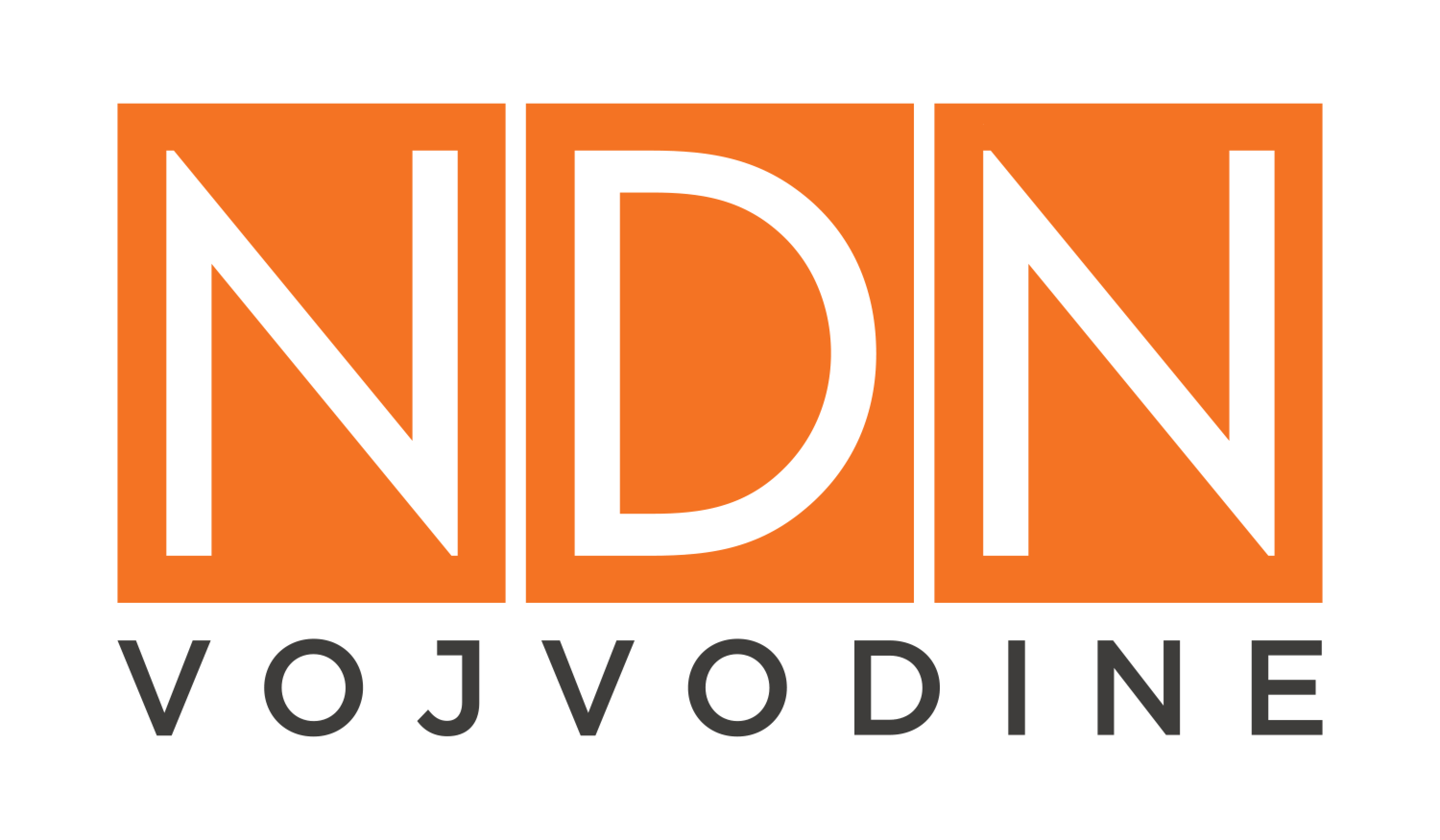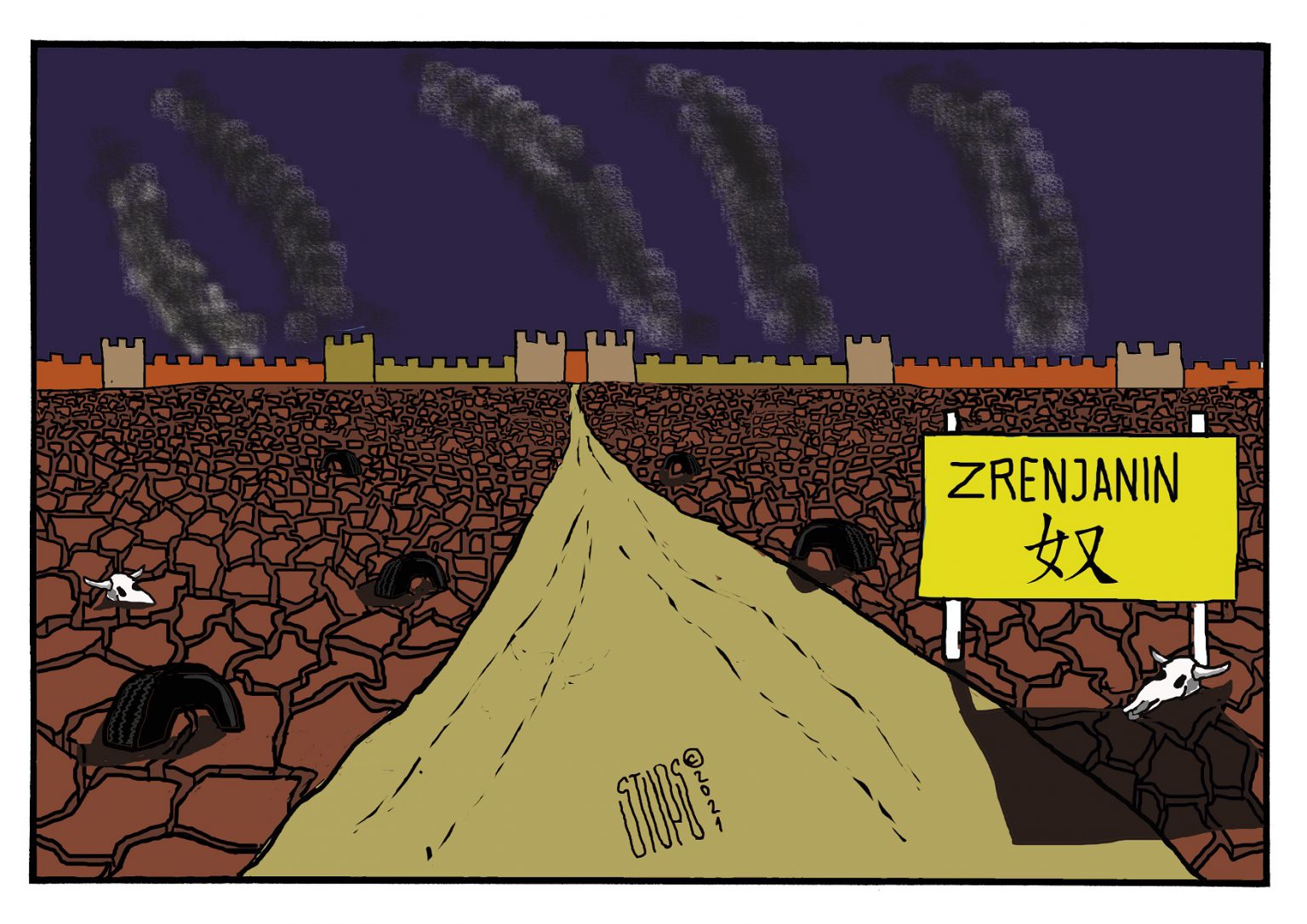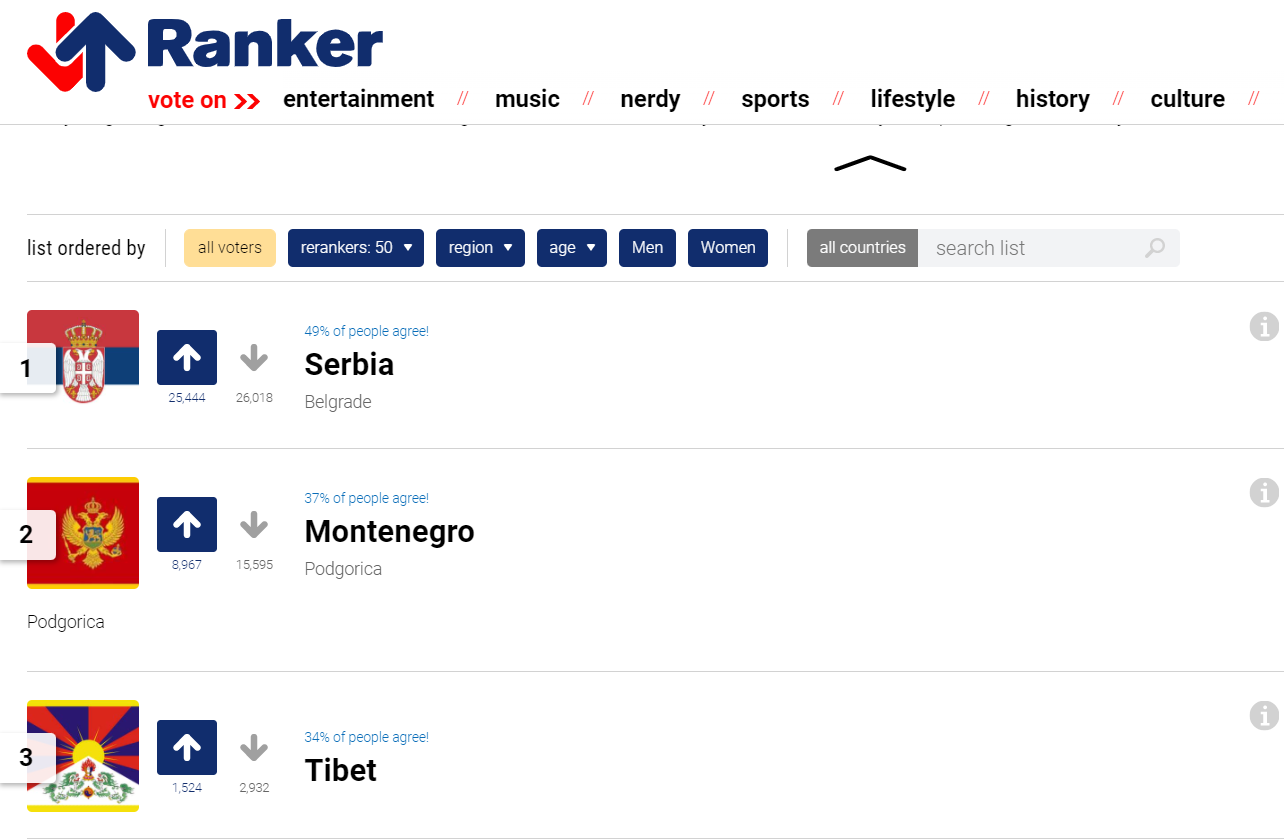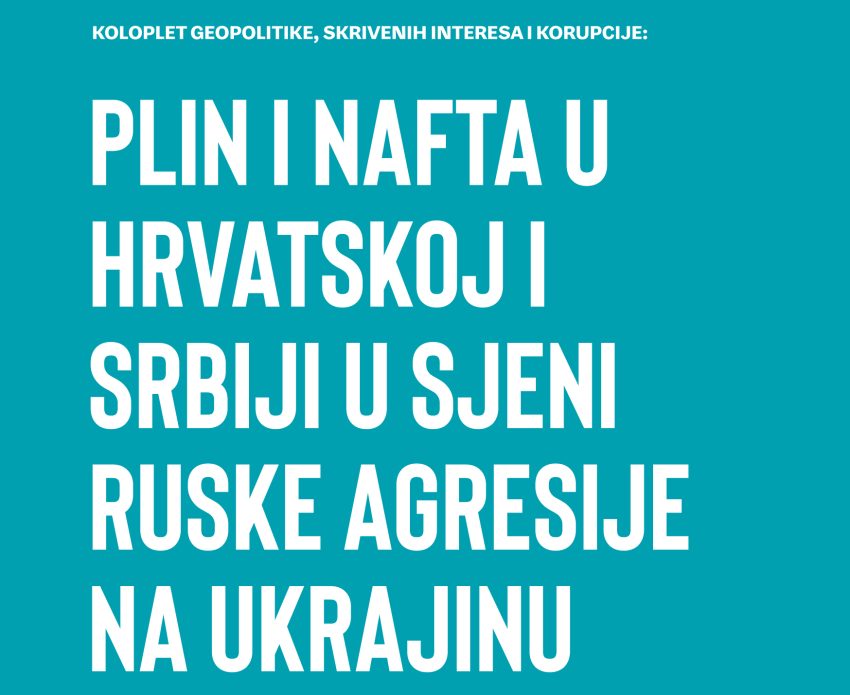
On the one hand, there are tabloids, which have mutated, while on the other there are serious media outlets trying to come up with a sustainable business model. Between them are the social networks. And amidst all that, there are journalists, many of whom, living in existential fear, have forgotten or never learned what our profession is all about.
Tabloids are, as we know, a legitimate form of media. After all, one of their founding fathers was Joseph Pulitzer. Yes, the Pulitzer.
Before they mutated, tabloids had been a substitute for a gossip and have always had a circulation several times bigger than broadsheets. However, despite their lower circulation, broadsheets were more influential than tabloids. The reason was that tabloids did not intend to be taken seriously, nor to participate in political conflicts. Sex, crime column, gossips – those were the spheres of their interest.
However, that is no longer the case, for example in Serbia. Here, hate speech was privatized after the changes of October 5, 2000, when it moved from state-run factories of lies and hate into tabloids, that started springing up like mushrooms. And they’ve metastasizedsince then. From the very onset of the mutation process, their intention was to participate in political conflicts, because, in order to gain profit, you need to be in service of politicians. Be that as it may, if Serbia were an endemic case, the mankind would not bat an eye. But it isn’t. For instance, in Great Britain, one of the birthplaces of modern press, it was the tabloids that played one of the key roles when this important country voted to get out of the European Union. Tabloids started dealing with the questions of life and death, they’ve turned politicians into celebrities and they explain reality in a banal way to us. They now want to be trusted, because they are thirsty for manipulation.
In the meantime, broadsheets have disgraced themselves and corporatized to a great extent. And they’ve paid a high price for that, the highest possible: the readership started rapidly losing trust in them. Also, the Internet came and decreased the price of advertising significantly. The fall in trust in media meant that their circulation/viewership/number of listeners also decreased, which subsequently led to a sharp drop in the income. Furthermore, the emergence of digital marketing decreased media’s marketing income even more. Since then and up to now, people have been trying in vain to discover a sustainable media model, which would be a discovery worthy of the Nobel Prize in Economics.
On the one hand, “clickbait” headlines, sensationalism, misinformation (“fake news”), while on the other we have learning various new “tools”, introduction of “investigative journalism” as some type of sub-genre, project-oriented thinking… One of important reasons for this state is the fact that tabloids have received great support in the form of social networks.
That’s where the “publishfirst and check later” motto rules, that’s where clickbait headlines rule, that’s where all that short, “easy-to-take”, but actually banal, simplified black-and-white information is placed, which antagonizes and creates “bubbles” on social media platforms. There is no interaction between those “bubbles”, and when someone dares to comment on another “bubble”, they get reprimanded immediately by default.
The algorithm of social networks is looking for “engagement”. “Reach” is important, but it’s nothing but quantity, “engagement” is quality. The more time we spend on a link, the more likely we are to be approached by advertisers. The algorithm is also tabloid-like, it focuses on the content that attracts the widest audience. As such, it tends to lean towards scandals and sensations, because it deals with attention economy.
When you look at the statistics related to visits to various portals, you can see a noticeable trend: social media lead readers to our portals. That’s the dominant channel, whose dominance is continuously increasing. That’s why we need to adapt to the algorithm: we respect its rules in order to be more visible, we respect its manners of speech and, on top of all that, we pay, to Facebook for example, to be even more visible.
Social networks prefer a (very) short video as the chosen format, they like -infographics and digested content. The attention span on social networks is very short, the users constantly “scroll”… How to get their attention and keep them if you’re a “misfit”? For example, how to make someone read a text from the beginning to the end? For instance, serious articles are referred to by certain colleagues as “elite journalism”. If I understand it correctly, a meaningful and a bit “more complex” article is considered “elite”, just because it is not completely banal and “user friendly”. It would be nice if those using this term were ironic. Unfortunately, we should be concerned that they are dead serious. And that they truly despise authors who write meaningful articles.
So, we’ve entered aboxing ring like a headless chicken, trying to fight for influence. In one corner, we, journalists, while in the other billions of “statuses”, “tweets”, “stories”, etc. published daily. The audience has had enough, there is so much information that it by far surpasses our capacity to receive and process it. The feeling is similar to the one when a spotlight blinds your face: you see nothing but a bright and strong light. We are blind to see the context.
Consequently, in accordance with the request of media companies’ bosses, journalists are taking courses where they learn about mo-jo recording and editing, so-jo (solution journalism), creating infographics, tools for investigative reporting/journalism, sharing content on social media… The problem, however, is that very often, none of those great experts, editors and consultants teaches them the most elementary things first: regardless of any tools, content is more important that form. Regardless of any tools, the news is in the heart of journalism. Journalism without content is simply not journalism, not matter how you wrap it up, or even use nice little boxes with a bow on the top. To quote our colleague George Orwell, “Journalism is printing what someone else does not want printed: everything else is public relations.” Journalism is not about writing about “pretty things”, journalism, if it’s real, is always adding fuel to the fire.
Investigative journalism is a special case. Firstly, every good journalism is by definition investigative, among other things. Secondly, articles must not look like police reports or court records, nor should they resemble a tax return or an auditing report. Journalism is not a substitute for institutions that either don’t function or are held captive. No, that’s not journalists’ job. Another purpose of journalism is to make complex issues more approachable to the audience, to use a language that is understandable, precise and succinct, to blow away the haze, not create it. Apart from honourable exceptions, what is today regarded as “investigative” journalism can give you a pretty strong headache after reading a text. Try, just as an experiment, to turn such a text into a short news report. Having problems? Do not despair, the text before you is simply boring. Boring, yet investigative journalism – it’s a real oxymoron! And that is antipropaganda of journalism.
Everything mentioned so far is, apparently, a reflection of a difficult and unstoppable panic among the owners of media companies because of the dramatic loss of profit from advertising. As a result, journalists (many of them) are getting fired, while those who retain their posts are asked to be a “one-(wo)man show”: to write, to shot videos, to edit, to make podcasts, to create infographics, to learn forensic tools, to manage databases, to write requests for free access to information, to write up projects and report on them… All that for one single salary, which may or may not be received. Journalists are traumatized, precarious workers who live in a constant fear of losing their job. Consequently, the quality of their work declines, because one person cannot do all that, especially when they are traumatized. Again, as a result, the profession is entered by some people who simple feed a line, experts in the form, ignorant when it comes to content. At the same time, marketing departments in media have become a sophisticated substitute for notorious censors from the past. At the same time, advertising is clumsily trying to wrap up unethical content placement by using a fancy, new phrase “native advertising“. The media agree to this, because they desperately need money. Put all those facts together and you can see why the dominant trends are a drop in content quality, tabloidization and banalization, which additionally damage the already weakened credibility of media.
On the other hand, this is not the first technological revolution that has caused serious turbulences in media. Let’s remember when the radio appeared some hundred years ago, how the owners of newspapers went completely crazy. For example, in the USA, they successfully lobbied for a while and even managed to force radio broadcasters to run news reports one day later, when the newspapers were already at newsstands. However, that ban did not last for a long time, because it was insane. Then the TV appeared, driving the owners of radio stations and newspapers into frenzy. It was all in vain.
Now, the Internet has emerged. Those of us from traditional media have been wandering globally for a quarter of a century, trying to find our spot under the sun in the world accustomed to receiving free news content. And we’ve been failing. What’s more, it seems as if we’re on a wrong path, because the one we’ve taken leads towards the end of journalism. Don’t get me wrong, media content will still exist, but its producers won’t be journalists, though they may introduce themselves as such, like, for example, the crude editors-in-chief of tabloids in Serbia, who falsely introduce themselves as journalists. To make matters worse, journalism could die without anyone noticing it. That would happen to a great satisfaction of populist politicians, autocrats, dictators and all suspicious businesspeople in this world.
Is there a solution? If I had one, I would first patent it and then submit it to the Nobel Prize committee. Still, we know that the world has never been changed for the better by masses, but dedicated, enlightened and creative individuals, supported by bright-eyed and bright-minded people. There have always been enough of both.
Dinko Gruhonjić (VOICE/Sindikat Nezavisnost)





























